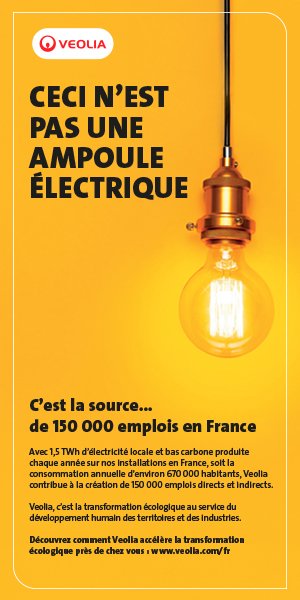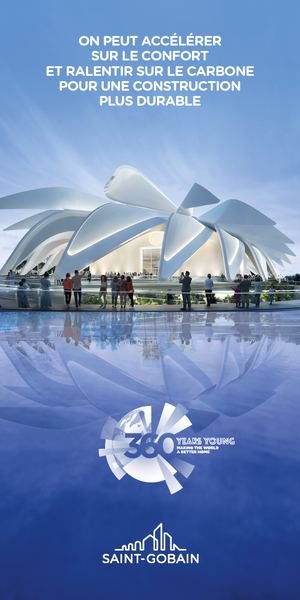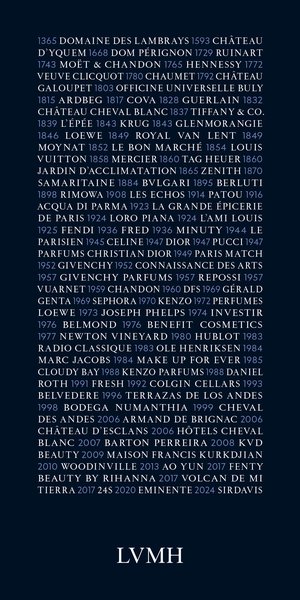Politique Internationale — Do you feel that history is repeating itself? That the concept of polycrisis that you coined has never been so pervasive?
Edgar Morin — Tragedies come one after another, with differences and common features. What repeats itself is the unconsciousness and somnambulism of governments and peoples as we live and suffer the race towards disaster. What is new is that the fascism and Stalinism of the 20th century have been succeeded by neo-authoritarianism, populism and the danger of neo-totalitarianism based not only on the police, but also on computer control of each and every one of us, via smartphones, e-mail and facial recognition. What has also taken on a new character is the conflict between the Russian and American imperial superpowers, via the martyred Ukraine in particular. It is the development and crisis of globalisation which, instead of creating solidarity, has given rise to divisions and conflicts. It is the worldwide increase in inequalities under the hegemony of profit. It is a tangle of crises, including a crisis of democracy, which is the first crisis of humanity – which is unable to become ‘Humanity’.
P. I. — Overall, what is your vision of our era?
E. M. — These are dark times. We live in an era when the triumph of illusion and lies is a great defeat for France, Europe and humanity. It’s time for a new resistance. The resistance of the day before yesterday was against the occupier; the resistance of yesterday was against the return of the old barbarism of hatred and contempt, linked to the new barbarism of blind calculation and unbridled profit. It remains relevant today. The new resistance is first and foremost the resistance of the mind to lies, illusions and collective hysteria, and it is dedicated to creating oases of brotherhood. The new resistance takes the side of Eros against Polemos and Thanatos and would like to save the human race from itself.
P. I. — At the time of the Second World War, you were profoundly anti-militaristic. Do you think that today individuals are powerless in the face of global upheaval?
E. M. — I’ve known people, myself included, who have been transformed by upheaval! I’m a pacifist who became a Resistance fighter. I’ve seen communists become fascists, like Doriot, and right-wing royalists from Action Française become communists, like Claude Roy. I am a pre-war anti-Stalinist who became a Communist during the war. I acquired experience and resilience of mind at the age of twenty-eight and I hope that these are definitive.
P. I. — You recently published an autobiographical novel written in 1946, whose title, L’Année a perdu son printemps (The Year Has Lost Its Spring), sounds strangely contemporary. Did you want to bring the two eras, the post-war period and the present day, closer together?
E. M. — It’s the original title from 1947: I was thinking of all my friends in the Resistance who had been killed or died in deportation, and I took as the title this sentence from Pericles, who announced to the Athenians the death of their young fighters during a battle, and which began as follows: ‘The year has lost its spring, youth has lost its flower’. But in another way, the year 2024 has lost its springtime with the political storms, the wars, the carnage, the widespread blindness to the planetary race to catastrophe.
P. I. — In your novel, Albert Mercier, the character who resembles you, says before the start of the war, when tensions are rising, that he is ‘against all fanaticism’. He also says that ‘opinions vary according to time and climate, and [that] all have their source in prejudice and error’. Would you still say the same thing today? Are prejudice and error still the great risk factors?
E. M. — I’d go even further and say that I’m against all fanaticism based on identity, whether religious, political, ethnic or national. On the other hand, while it is true that beliefs, ideas and opinions vary according to time and climate, and that prejudices and errors are constantly being reborn and imposed, I believe that there are two types of truth: On the one hand, the truth of the facts that we hide, such as the massacre of the Armenians by the Ottomans or the massacre of the Jews by the Nazis, or the atrocities committed by the combatants in our own army during wars; and, on the other hand, the ethical truth that aims to recognise good and evil, and quite often good mixed with evil. I believe in the truth of love, fraternity and friendship, which is my emotional truth. Hatred is an odious reality that ravages the hater just as it tortures or kills the hated, but it is a lie about oneself and about others. What’s more, my young alter ego didn’t yet have the experience he gained under the Occupation and then during the Cold War. He lived through the illusion of communism as I did, only realising the great lie I had bought into after the war; I broke with communism in 1948 out of sheer disgust at the Rajk trial in Hungary. I believe that from that time onwards I not only put an end to my errors and illusions, but also became very vigilant.
P. I. — At that time, you joined the Frontist Party, which rejected both fascism and alignment with Russian communism, a third way of sorts. Does this third way exist today in an increasingly fragmented French political landscape?
E. M. — Yes, in the pre-war years, I believed in an anti-fascist and anti-Stalinist ‘third way’, but we were too small a minority to make it a political force; today, I believe in the vital need for a new way based on a new manner of thinking about the world, life, man and history that was Marxism, but is based on the knowledge of the 20th and 21st centuries. The physical world, like the biological and human world, is subject to an inexorable conflict between the forces of union and those of conflict and destruction: the uninterrupted struggle between Eros and Polemos. In nature, there are not only determinisms, but also forces of organisation and creation, visible in the extraordinary diversity of plant and animal species, and also visible in the technical and artistic creations of humanity. Finally, human beings are not only rational-sapiens, they are also delusional- demens. They are not just technicians and manufacturers, but also devoted to myths and religions. They are not only driven by self- interest — homo economicus — but can be animated by the spirit of giving or play. All politics should be based on this complex knowledge and develop a new way that alone can save us from neo- authoritarianism — something I formulated in my book The Way.




















